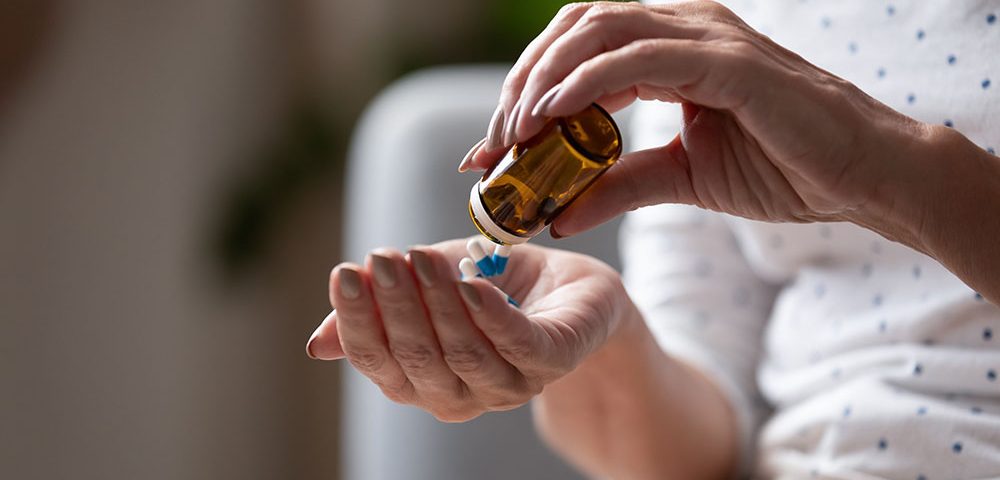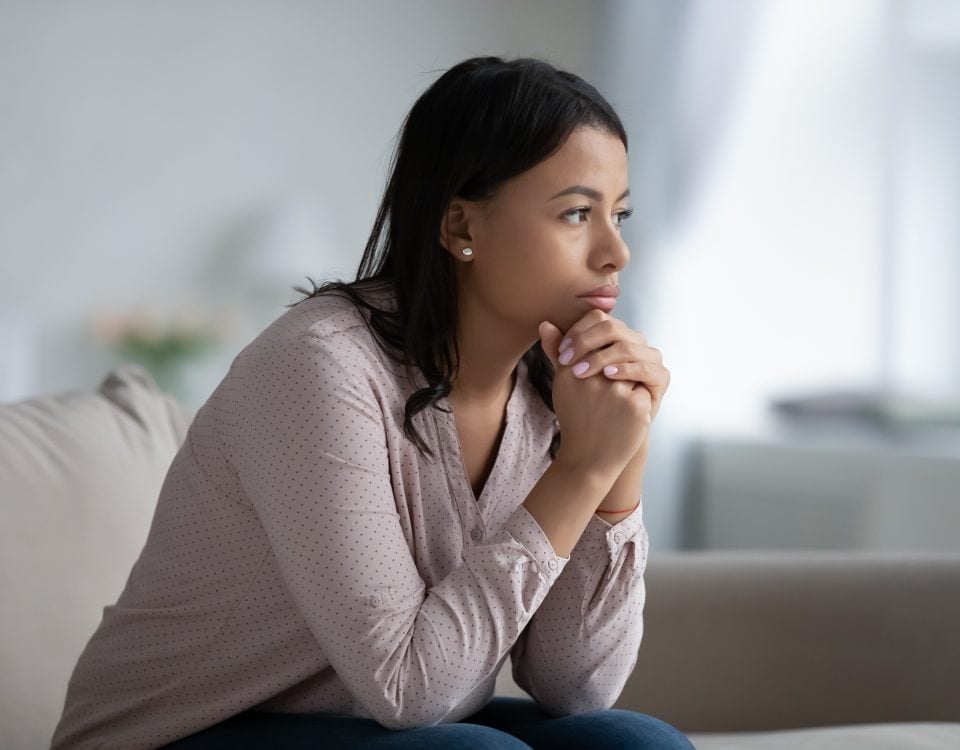Opioids are synthetic drugs that are prescribed as painkillers. Older adults are often given medication to reduce pain after surgery. This drug works by binding to opioid receptors in the brain and other peripheral tissue. Initially, opioids stem from opiates created from extracting opium from the poppy plant. Although the drug is beneficial in intense painful conditions, opioids are often purchased for recreational use and inflict adverse side effects. Opioid addiction in the elderly has continued to rise since 1999, and overdose rates are increasing yearly.
The Risks of Addiction in Older Adults
In the early 2000s, there was a dramatic increase in the number of opioid prescriptions given to senior citizens. According to documentation, 35% of those prescribed opioids misused the substance and continued use after their prescription ended.1 The primary link between addiction and the elderly is that individuals will feel pain and take opioids later. Taking the drug without a doctor’s renewed prescription is dangerous and risks forming a physical dependency and overdose. Prescription drug treatment is highly advised if this is the case.
Opioid use of elderly people can lead to negative side effects and depressive episodes. The most abused prescribed pills amongst older adults are Oxycontin, Vicodin, and Percocet. The substances often cause severe constipation, drowsiness, and vomiting. Other adverse effects from these drugs include:
- Dry mouth
- Sedation
- Confusion
- Itchy skin
- Sweating
- Anxiety
- Depression
- Fatigue
- Poor appetite or malnutrition
- Addiction and overdose
- Respiratory depression
- Increase risks of falling
- Diminished bone density
- Loss of libido
- Dementia
Cognitive impairment often follows misuse of opioids which causes mental health disorders and memory loss. Dual diagnosis treatment is often recommended for older adults who abuse drugs for a prolonged period. The treatment helps manage emotions and stabilizes mood. If you or a loved one is experiencing these symptoms, seek professional care.
Signs of Opioid Addiction in the Elderly
If you are a loved one of a grandmother, grandfather, or an older adult in your life and know that they are taking medication, it is essential to be aware of the signs of addiction. Besides continuing use after their prescription ends, other behaviors can also tell you whether the person needs treatment.
Signs of drug use in the elderly include:
- Lack of motivation or energy
- Memory impairment
- Sudden emotional outbursts
- Increasing isolation
- Rapid weight loss
- Missing appointments or events
- Lack of proper hygiene
- Getting caught in lies
Seeking a treatment center that offers a family program is beneficial for all the members who are concerned for their loved one. A licensed professional can help family members mend or strengthen their relationship, offering a safe place for expression.
Senior Addiction Treatment at Our Pompano Beach Drug Rehab
At Banyan’s Pompano Beach Treatment Center, we offer the unique and necessary resources and services for your loved one to recover from addiction. From opiate addiction treatment to treatments for other harmful drugs, our medical staff provides a clean and safe environment for medical detox and therapy. Don’t wait to get back to enjoying your life!
Speak to a specialist at Banyan Pompano by calling 888-280-4763 and get started on the path to recovery today!
Source:
- Psychiatric Times - Opioid Use in the Elderly
Related Readings:









